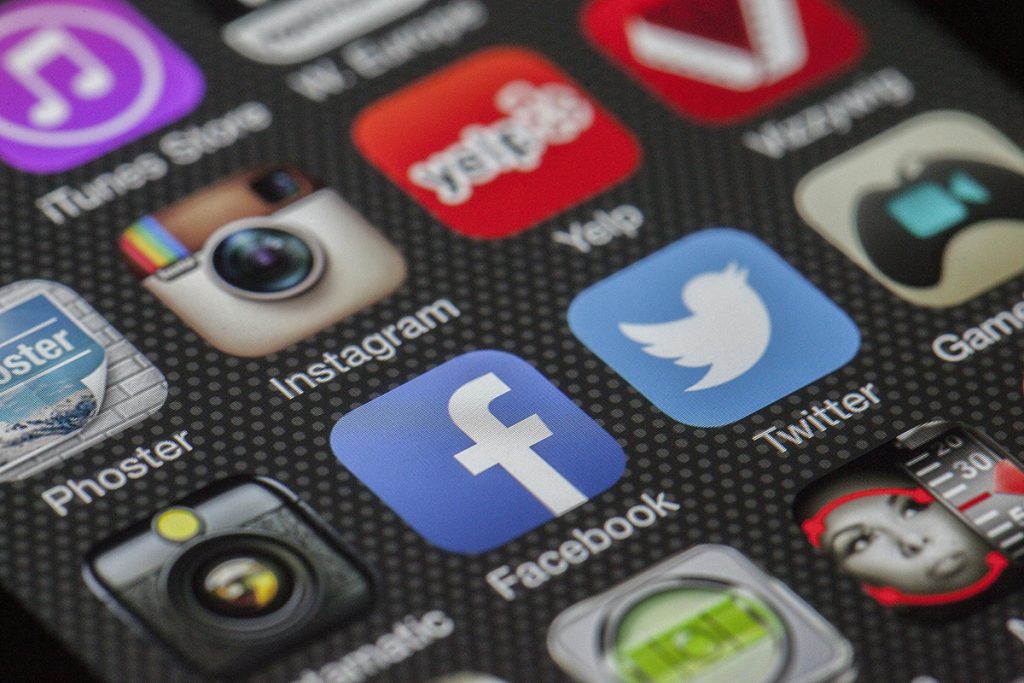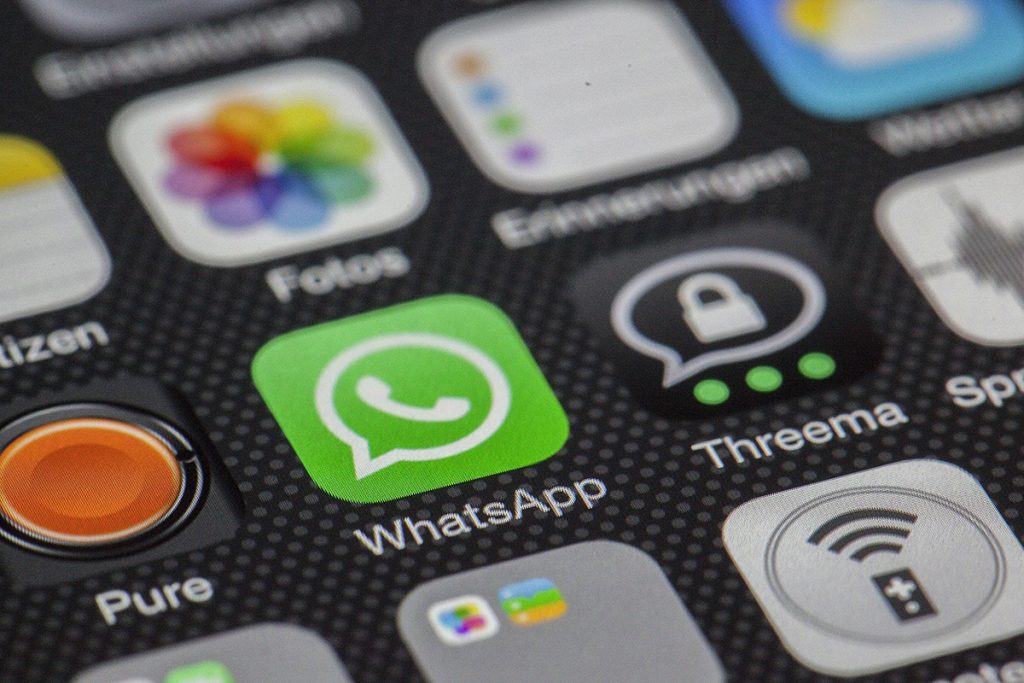The internet could be good for our well-being

Many cautionary voices warn about the pitfalls of the internet, suggesting it can lead to depression, anxiety, and division among us. They highlight how our online habits disrupt sleep, fuel distractions, and potentially harm our mental well-being.
Concerns also extend to the impact on children, raising fears of addiction and mental health issues. While a whole genre of literature urges us to disconnect and save ourselves, some question if this is an exaggerated moral panic.
The internet can improve health and happiness
A recent global study by Oxford University, spanning 16 years and involving 2.4 million participants from 168 countries, suggests that internet access and use could be linked to improved measures of health and happiness. The research, published in Technology, Mind, and Behavior, challenges the prevailing narrative on the negative effects of digital media.

Co-authored by psychology researchers Matti Vuorre and Andrew Przybylski, the study consistently found that individuals with internet access reported higher well-being compared to those without. The researchers stress that while there is a loose association between internet use and well-being, it does not imply causation.
Vuorre and Przybylski analyzed Gallup World Poll data from 2006 to 2022, focusing on internet access, internet use, and various measures of well-being. They considered factors like income, employment, education, and health status to account for existing resources and support that could impact happiness and well-being, regardless of internet access.
A higher life satisfaction, positive experiences, and social contentment
This study by Oxford University revealed that individuals with internet access reported higher life satisfaction, positive experiences, and social contentment compared to those without internet. Internet users also experienced less physical pain, worry, sadness, stress, and anger.
The extensive analysis showed consistently positive associations between internet use and well-being. The researchers emphasized the study’s global reach and long-term perspective, highlighting the need to consider diverse populations worldwide.

However, the study noted a negative correlation between internet use and well-being among young women aged 15 to 24, particularly in community well-being. Further research is encouraged to explore the reasons behind these findings.
Excessive usage, not just access, can be problematic
Social psychologist Jonathan Haidt emphasizes the study’s valuable insights on internet’s impact, stressing that excessive usage, not just access, can be problematic. Lead researcher Zach Rausch warns about risks from spending excessive time on smartphones and social media platforms. Rausch highlights the dangers of unrestricted access to platforms prioritizing advertisers over users’ well-being.
A recent New York Times story highlights a remote Amazon village connecting to the internet through SpaceX’s StarLink, revealing mixed outcomes. While internet access brought benefits like quicker help in emergencies and educational tools, some villagers became overly engrossed in smartphones, neglecting essential tasks.
Different internet uses can have varying impacts on well-being
Restrictions were put in place, limiting internet hours to mitigate negative impacts. However, concerns arose over excessive gaming, pornography consumption, and the decline of face-to-face interactions, especially among youth.

Professor Tobias Dienlin from the University of Vienna noted that the study did not specifically address the effects of social media platforms like Instagram or Facebook on mental health. He mentioned that different internet uses can have varying impacts on well-being.
Despite limitations, Dienlin acknowledged the study’s potential to guide policies on increasing internet access without causing widespread mental health issues, aligning with existing research showing minimal effects of the internet on well-being.
The internet could be good for our well-being conclusion
In fact, a report from the National Academies of Science, Engineering and Medicine, released last year, concluded that links between social media and poor mental health are weak in the existing literature and that this is likely because, on balance, it promotes experiences that are both good and bad.
Therefore, should we be concerned? Similar to plumbing, the internet has become an essential part of our daily lives. The key lies in how we utilize it, as our actions can either provide comfort or lead to negative consequences.
Just like water can either soothe or scald us, our use of the internet can have varying effects on our well-being.




















